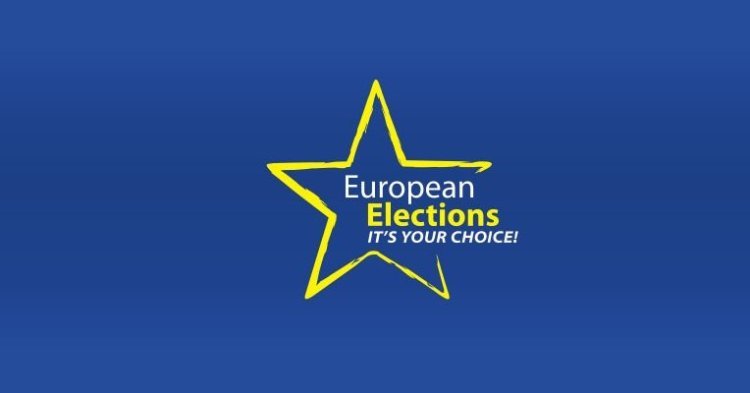In September 2013, three right-wing parties were waging a battle to win seats in the Austrian parliament. The infamous right-extremist “Freedom Party” (FPÖ) got 20.5% while the newly formed party of billionaire Frank Stronach only got 5.7%. The “Alliance of the Future of Austria”, the party of late Jörg Haider who died five years ago, was kicked out of the parliament with just 3.5% and is now history. The coalition talks are still ongoing, but it was clear for all commentators after the elections that the “grand coalition” between the Social Democrats (SPÖ) and the Conservatives (ÖVP) will continue, despite the fact that both parties lost quite significantly and both got the worst result in the history of the Second Republic.
I have been myself an election observer during the elections in an electoral district of the city of Salzburg, in a traditionally “red” part of the town. However, as in so many other places the “blues” (of the FPÖ) overtook the Social Democrats. Many people all over Austria fear immigrants because supposedly they take away their jobs and culture. What’s more important, they are angry about the European Union too because “Brussels” makes only bad decisions with a completely over-grown bureaucracy. It does not matter that almost all of these people have not much of an understanding of what is going on in the EU institutions, but their ideas matter and are used by the biggest daily newspaper in the country, the Kronen Zeitung (with a 40% market share, the second-highest in the world!) which fuels anti-EU sentiments.
One could also argue that a vote for right-wing parties was a protest vote against the “grand coalition” because so many corruption scandals were uncovered, mainly by the Greens. However, the FPÖ itself is probably the most corrupt party of all. Thus, a vote for the FPÖ was really not a protest vote, but rather a vote of fear. The new clown in Austrian politics, billionaire Frank Stronach who made his fortune in Canada, speculated to become the #1 in fall 2012 when he formed his new party. Yet he was indeed very disappointed about the results because he spent more than any other party during the election campaign. Although he wanted to appear pro-business, he suggested to leave the Eurozone and tried to use the population’s fears against the EU.
While the Green Party with 12.4% remains the champion of the opinion polls that can’t be translated into election victories (as up to 17% were predicted for the party in many opinion polls), it was the newly formed liberal party called NEOS that was the big surprise of the elections. With a lot of new faces, it was the first party that properly made it into parliament without any representatives in the Nationalrat (Lower House) ever since the Greens 27 years ago.
One of the frightening issues in Austria for pro-Europeans is the upcoming election for the European Parliament in May 2014. The Austrian population continues to be very much critical, if not against the European Union as such, thereby becoming easy targets for populists, who in Austria overlap with right-wing parties, exploiting topics such as the financial crisis with “the lazy Southern Europeans” and “Brussels” in general, who is made responsible for all bad and evil things in this world. The political clown Hans-Peter Martin, a former populist who succeeded twice at European Parliament elections with his own party, is not relevant anymore because of corruption scandals. The Kronen Zeitung withdraw its support for him and for the second time in a row his colleagues in the European Parliament ran away from him because of his allegedly difficult nature to collaborate with.
These three seats that will open up most likely will be taken by the Freedom Party and Frank Stronach. Both parties have explicit anti-EU slogans, policies and suggestions. The FPÖ in particular is at the moment on the search for European allies (like Front National, Vlaams Belang, Swedish Democrats or Wilders’ PVV), although most likely such a right-wing European-wide alliance will fail just another time because their views on certain issues vary too much. Traditionally, it is the Conservative Party and the Greens that have the most pro-European stance in Austria; however the ÖVP has a long tradition of betraying the EU cause - their last front-runner Ernst Strasser, a former minister of interior, had accepted money from under-cover British journalists while being an MEP.
The Green Party is much more dedicated to EU integration but often has a hard time to reach the broader public. It is most likely the newly formed liberal party NEOS that will collect most votes of EU-enthusiasts in Austria. Not only their program but also their website www.neos.eu is hinting at the fact that they are truly committed to the European cause. A JEF member, Stefan Windberger, most likely will run on their list as well. However, the main issue will be the most likely good result of right-wing parties at the European Parliament elections that will profit enormously of the continuously wide-spread anti-EU sentiments in Austria.


Follow the comments: |
|
